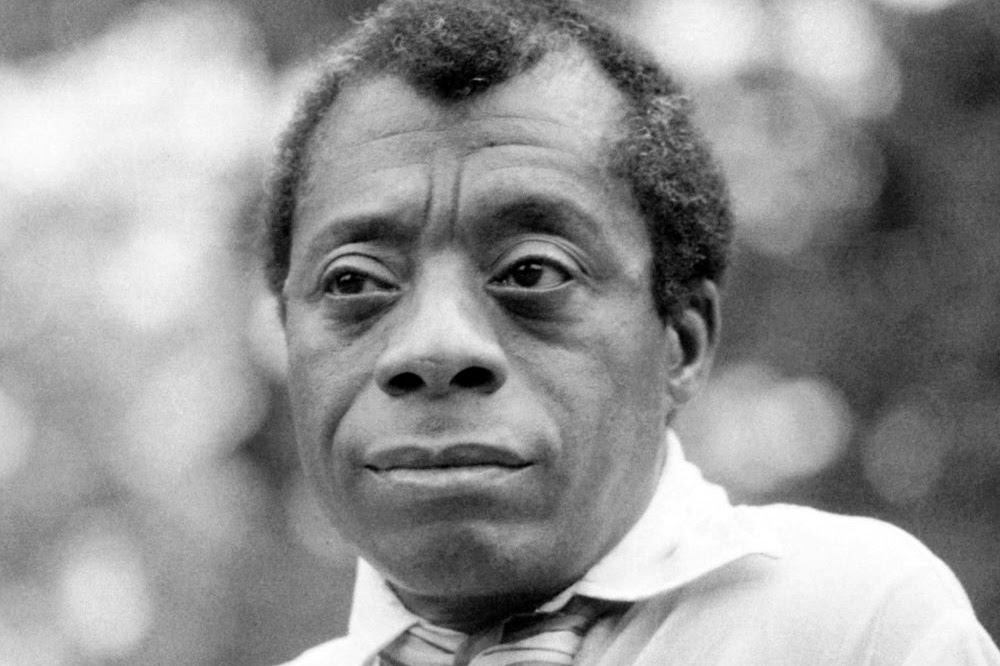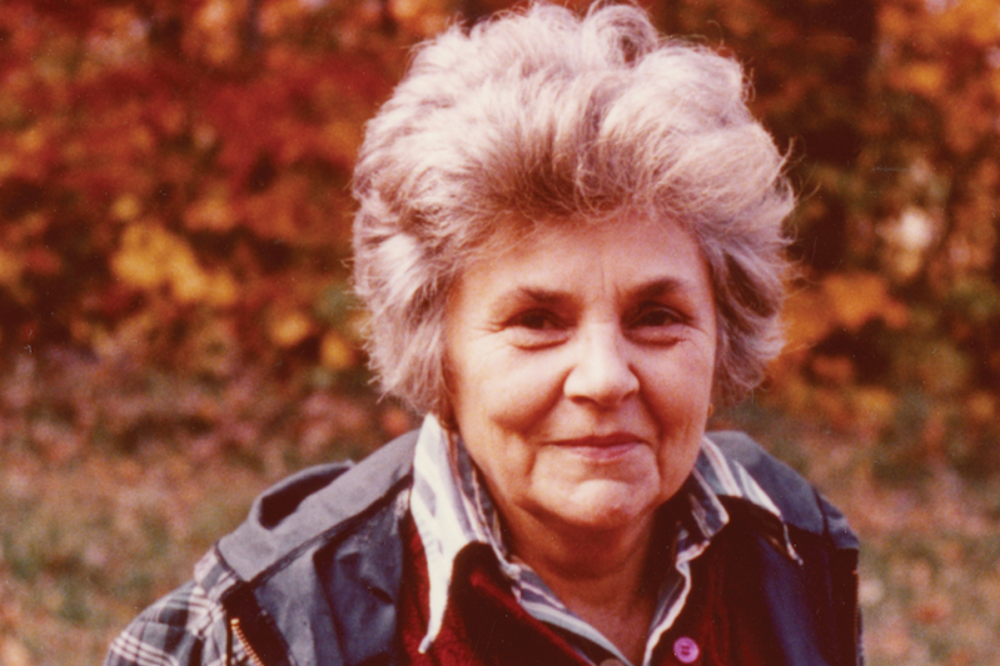Every week, the editors of The Paris Review lift the paywall on a selection of interviews, stories, poems, and more from the magazine’s archive. You can have these unlocked pieces delivered straight to your inbox every Sunday by signing up for the Redux newsletter.
This week at The Paris Review, we’re celebrating our ongoing summer subscription offer with The New York Review of Books. For only $99, you’ll receive a yearlong subscription and complete archive access to both magazines—a 38% savings.
To mark the occasion, we’re unlocking pieces from the archives of both The Paris Review and The New York Review of Books. Read on for James Baldwin’s Art of Fiction interview, paired with his essay “An Open Letter to My Sister, Miss Angela Davis”; Joyce Carol Oates’s short story “Heat,” paired with her essay “Shirley Jackson in Love and Death”; and Elizabeth Bishop’s Art of Poetry interview, paired with two poems.
If you enjoy these free interviews, stories, and poems, why not subscribe to both The Paris Review and The New York Review of Books and read their entire archives? And for as long as we’re flattening the curve, The Paris Review will be sending out a weekly newsletter, The Art of Distance, featuring unlocked archival selections, dispatches from the Daily, and efforts from our peer organizations. Read the latest edition here, and then sign up for more.
James Baldwin, The Art of Fiction No. 78
The Paris Review, issue no. 91 (Spring 1984)
Write. Find a way to keep alive and write. There is nothing else to say. If you are going to be a writer there is nothing I can say to stop you; if you’re not going to be a writer nothing I can say will help you. What you really need at the beginning is somebody to let you know that the effort is real.
An Open Letter to My Sister, Miss Angela Davis
By James Baldwin
The New York Review of Books, volume 15, no. 12 (January 7, 1971)
One might have hoped that, by this hour, the very sight of chains on black flesh, or the very sight of chains, would be so intolerable a sight for the American people, and so unbearable a memory, that they would themselves spontaneously rise up and strike off the manacles. But, no, they appear to glory in their chains; now, more than ever, they appear to measure their safety in chains and corpses. And so, Newsweek, civilized defender of the indefensible, attempts to drown you in a sea of crocodile tears (“it remained to be seen what sort of personal liberation she had achieved”) and puts you on its cover, chained.
Heat
By Joyce Carol Oates
The Paris Review, issue no. 110 (Spring 1989)
It was midsummer, the heat rippling above the macadam roads. Cicadas screaming out of the trees and the sky like pewter, glaring.
The days were the same day, like the shallow mud-brown river moving always in the same direction but so slow you couldn’t see it. Except for Sunday: church in the morning, then the fat Sunday newspaper, the color comics print on your fingers.
Shirley Jackson in Love & Death
By Joyce Carol Oates
The New York Review of Books, volume 63, no. 16 (October 27, 2016)
Characterized by the caprice and fatalism of fairy tales, the fiction of Shirley Jackson exerts a mordant, hypnotic spell. No matter how many times one has read “The Lottery,” Jackson’s most anthologized story and one of the classic works of American gothic literature, one is never quite prepared for its slow-gathering momentum, the way in which what appears initially to be random and casual is revealed to be as inevitable as water circling a drain. As the stark title “The Lottery” suggests an impersonal phenomenon, the story’s perspective is detached and reportorial; a kind of collective consciousness emerges from the inhabitants of a small unnamed New England–seeming town that finds expression in tonally neutral commentary reminiscent of Kafka’s “In the Penal Colony.”
Elizabeth Bishop, The Art of Poetry No. 27
The Paris Review, issue no. 80 (Summer 1981)
I’m not very fond of poetry readings. I’d much rather read the book. I know I’m wrong. I’ve only been to a few poetry readings I could bear. Of course, you’re too young to have gone through the Dylan Thomas craze …
Two Poems
By Elizabeth Bishop
The New York Review of Books, volume 53, no. 5 (March 23, 2006)
Whatever there was, or is, of love let it be obeyed:
—so that the grandfather mightn’t have been blinded,
the river never dwindled to what it is now,
nor the leaning big willows above it been blighted,
nor its trout been fished out;
nor, by the naked boys, the swimming hole been abandoned,
dissolved, abandoned, its terra cottas and gilt …
If you like what you read, subscribe to both The Paris Review and The New York Review of Books for just $99.
from The Paris Review https://ift.tt/3gRa6iX



Comments
Post a Comment